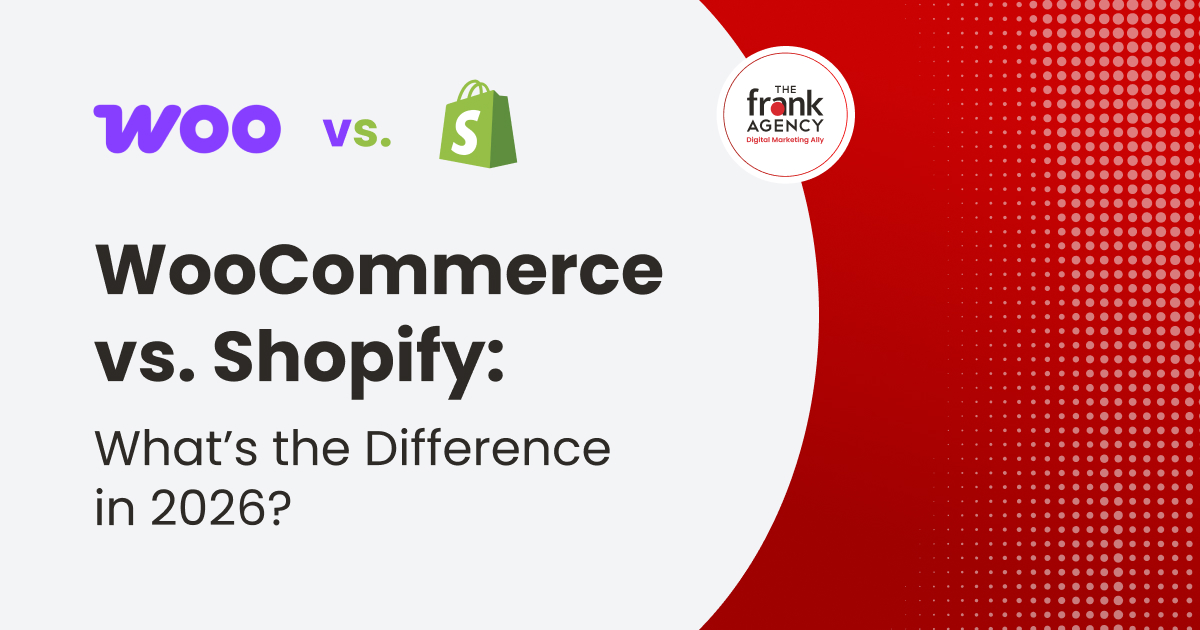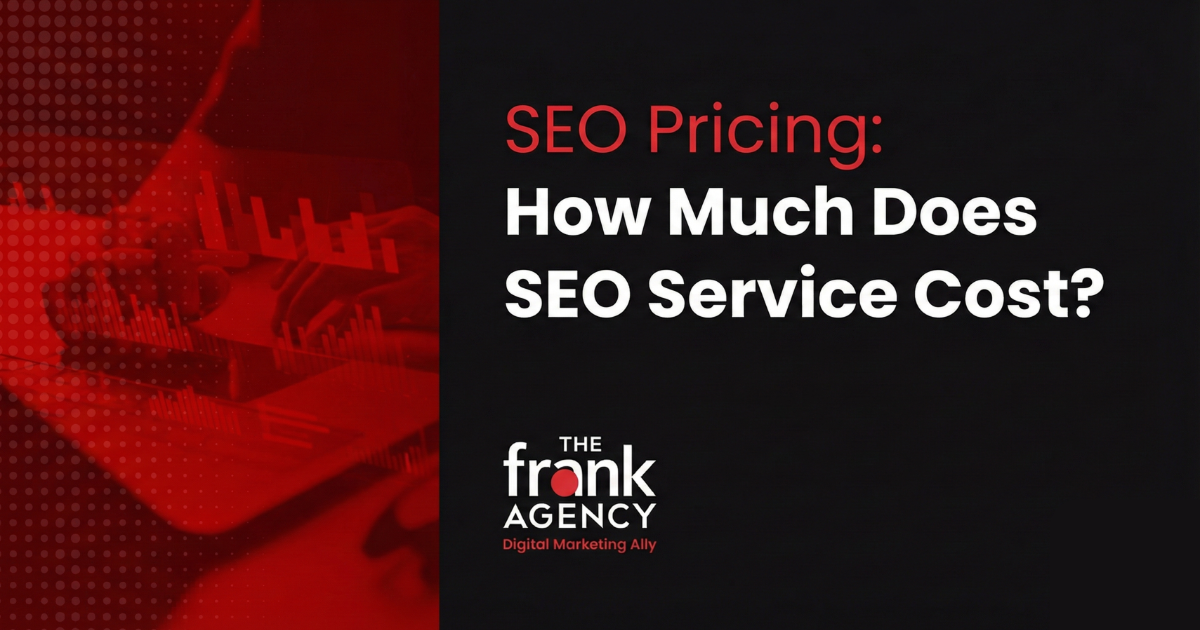Like any counselor, doctor or football coach, everyone in the SEO game has their own specific philosophy on how to achieve the best results, or in our industry, how to best improve Google rankings.
As a copywriter by trade turned SEO digital content strategist, I’ll admit I am biased – I personally first look at the quality of a website’s content.
Indeed, there are lots of bells and whistles that can help get a piece of content moving in the right direction, whether it’s generating an impressive amount of backlinks, including every important keyword about the topic, ensuring the web page loads in Mach 3 speed, and making it mobile friendly, among many other best practices.
While all of those strategies are incredibly important, I believe they can enhance a quality article, but they can’t enhance the article’s quality.
What I mean is this: For an article on your website to get recognized, Google must view it as an asset. Your article should…
- provide detailed and accurate information
- answer the users’ questions
- link to trustworthy sources
- be well written and easy to read
- smartly target the keywords for which a person is searching
Once your article includes each of these characteristics, the other necessary SEO strategies you employ will likely be much more effective.
That last bullet point (keywords) is the one I really want to focus on because I believe it is the most misunderstood part of the SEO copywriting process.
Rethinking Keywords
You probably already know that a keyword is any word or phrase someone types into a search engine to find something. However, what exactly is a keyword’s purpose in SEO copywriting?
Keywords aren’t “tricks” to get Google to rank your article higher. Keyword integration isn’t simply sprinkling keywords into an article hoping they will grow into something bigger.
Keywords are identifiers that help Google understand where your article should live in their unfathomably large tree of information. In other words, when you put up a piece of content and Google crawls your site, does it know which branch to file your article under?
Keywords have no intrinsic SEO value, but keywords do have immense value in telling Google what you article is about, and most importantly, who your article is for.
At the same time, it’s important to remember that ineffective keyword usage and “keyword bombing” can still greatly harm your article’s rankings. Thus, there is a very delicate balance between Google and the reader that must be considered with SEO copywriting and keyword integration, and is an area in which The frank Agency can help.
How to Use Keywords in Your Article
So, if keywords don’t have intrinsic value, where does the organic value come from? The quality of your content in relation to its keywords of course!
For example, if I’m writing an article titled, “How to Design Your Own Board Game,” my first step is to find out the keywords that are important to this topic. What keywords are people looking for, and what keywords will help me build my argument?
As I look at my list of keywords in this field, I identify some clear topics to include in my article:
- how to make a board game – 2400/mo.
- board game design – 880/mo.
- design your own board game – 110/mo.
- how to make board game pieces – 70/mo.
- how to make instructions for a board game – 20/mo.
- board game card design – 10/mo.
While there are a massive amount of additional keywords not included in this list, this is a good start. As you read these keywords, and if you know anything about board game design, you now have a blueprint to write a great article about each of these topic. By writing detailed content, adding in some great pictures, graphics and perhaps a video, smartly targeting the right keywords, and linking to other valued online resources, you have achieved the first important step to getting Google to see your article as an asset.
Only then can you can begin implementing various article distribution strategies, link building and other best SEO practices. Without a quality article, those efforts will likely not be as effective as they can be. In other words, promoting a poor article that users find unhelpful might not achieve the best results possible.
Furthermore, there is the positive effect quality content and effective keywords usage can have on Pay-Per-Click Advertising. A more readable, informative and helpful page can make drastic improvements on conversion rates, and it can even improve a PPC keyword’s quality score.
Lastly, I understand this is a tall order to do for every page of your website. Thankfully, you don’t need your entire website to rank well on Google. Identify those topics and keywords that are important to reach your audience, and write great articles for those topics using these effective tactics that I’ve personally seen work time after time.
Quite simply, if your website possesses the best article on the web for a given topic, and if you’ve dedicated all of the necessary SEO strategies in which The frank Agency specializes, you have a great chance of your article being identified and celebrated by Google.
For help with improving your rankings through on-page optimization, SEO copywriting and keyword integration, please contact The frank Agency today!






